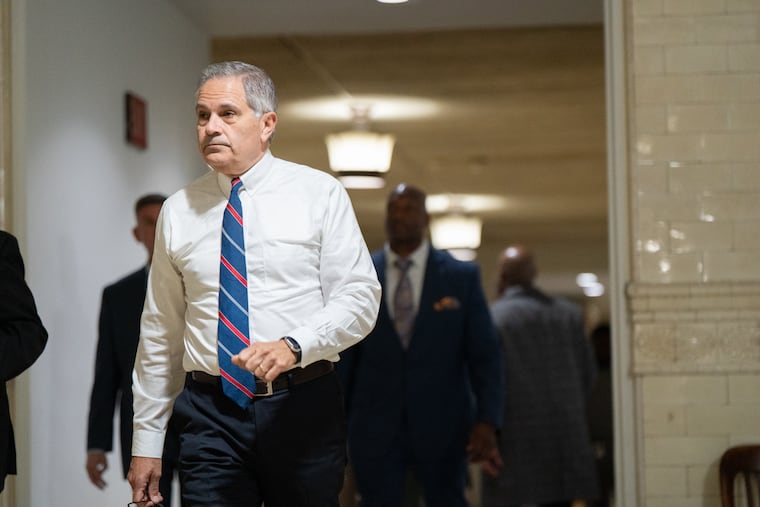Florida K-12 Students Gain Advantages from School Choice Programs
In the ongoing discourse surrounding educational funding and choice in Florida, recent comments by Pinellas County School Board member Laura Hine offer a compelling point of view regarding the implications of school vouchers on the state’s budget. As the superintendent of Catholic Schools for the Diocese of St. Petersburg, it is essential to provide essential context to this discussion, emphasizing a shared belief that every Florida family deserves access to quality education for their children.
The core principle of educational choice is clear: parents, as primary educators, are best positioned to determine the educational environment that suits their child’s unique needs. In this framework, education funding is designed to follow the student, thereby promoting options that extend beyond geographic and institutional boundaries.
Analyzing financial data reveals significant insights about educational investments in Pinellas County. The latest Annual Financial Report indicates that the Pinellas County Schools system allocated .455 billion to educate 91,315 students, resulting in an average expenditure of ,938 per student. In stark contrast, the average state scholarship utilized by families within the same county was ,763. Significantly, it is estimated that Catholic Schools alone contribute to savings of approximately 7 million annually for Florida taxpayers, thus illustrating how educational choice can offer a more cost-effective pathway to quality education.
Furthermore, academic performance benchmarks support the value of educational choice. Data from standardized assessments such as the Terra Nova Test indicate that students attending Catholic schools consistently outperform national averages at all educational levels. By the eighth grade, these students typically score about three years ahead of their peers in both English language arts and mathematics. The National Assessment of Educational Progress (NAEP) corroborates these findings, with Catholic school students ranking first in reading and math for grades four and eight, outpacing their public school counterparts, even among low-income demographics.
Moreover, research from the Urban Institute highlights the long-term successes linked to educational choice, showing that students enrolled under the Florida Tax Credit Scholarship are more likely to pursue higher education compared to their public school peers.
Emerging strategies aimed at furthering educational choice were reinforced with the passage of House Bill 1 in 2023, which expanded eligibility for scholarships and transformed programs into education savings accounts. This initiative provides families with enhanced flexibility in how they allocate educational funds, including options for private tuition, tutoring, educational materials, and even classes from district schools.
This multifaceted approach to education underscores the notion that there is no singular pathway to success. It illustrates the benefits of a diverse set of educational options, accommodating the varied needs of our students. The scholarship programs have allowed the Diocese of St. Petersburg to expand its outreach, particularly through initiatives like the Family Empowerment Scholarship for Students with Unique Abilities, which supports unique learning needs in local Catholic schools.
Ultimately, this discussion reveals a philosophical inquiry into the future of education funding. Should Florida continue to support a geographically limited system, constraining families to local schools, or should it empower parents with the ability to choose the best educational environment for their child’s success?
As we navigate this debate, it is crucial to keep in mind that every child deserves the opportunity to thrive. Ensuring that all families have access to a tailored educational experience remains vital for the future of our students and the broader Florida community.
Media News Source encourages continued dialogue on this vital topic, which impacts families across the state.






